Life, Earth And Space
-
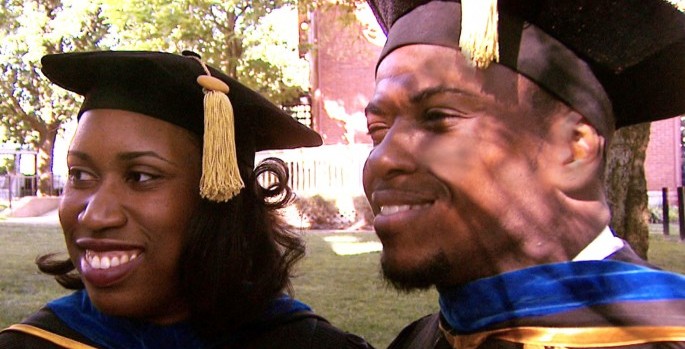
VUCast Extra: Bridging the Gap in the Sciences
Vanderbilt is on track this year to become the number one producer of minority Ph.D. recipients in physics, astronomy and materials science, an area where minorities are grossly underrepresented. Watch the emotional journey of the latest doctoral graduates from the Fisk-Vanderbilt-Master’s-to-Ph.D. Bridge Program. [vucastblurb]… Read MoreJun 8, 2012
-
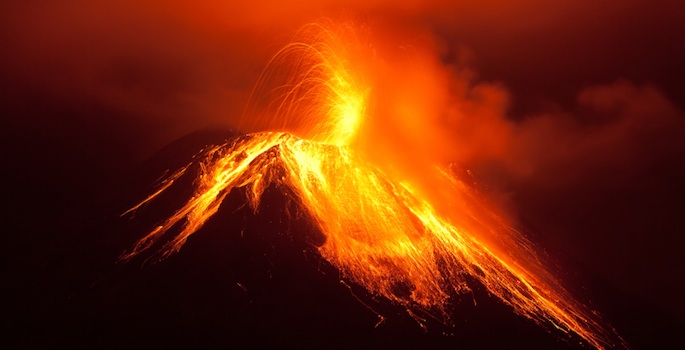
Super-eruptions may have surprisingly short fuses
Super-eruptions are potentially civilization-ending events and new research suggests that they may have surprisingly short fuses. Read MoreMay 30, 2012
-
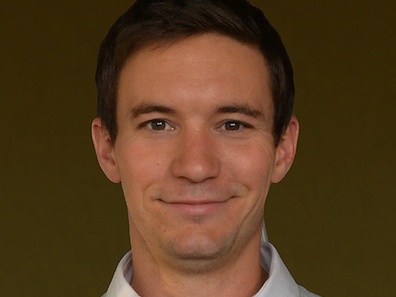
Physics post-doc headed to Capitol Hill as congressional fellow
Post-doctoral researcher Andrew Steigerwald has been selected by the Materials Research Society and the Minerals, Metals and Materials Society as their 2012-2013 Congressional Science and Engineering Fellow. Read MoreMay 18, 2012
-
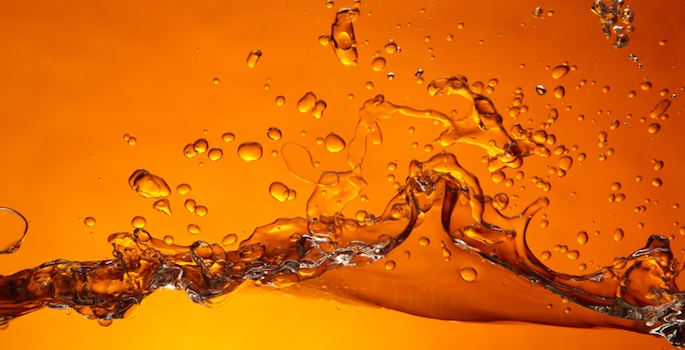
Fermilab Today: The consistency of quark soup
Four Vanderbilt researchers collaborated with scientists from the University of Illinois-Chicago, University of Kansas and MIT to describe the consistency of an unusual fluid produced when atoms of lead are smashed in the Large Hadron Collider. Read MoreMay 16, 2012
-

Quantum dots brighten the future of lighting
Vanderbilt researchers have boosted the efficiency of a novel source of white light called quantum dots more than tenfold, making them of potential interest for commercial applications. Read MoreMay 8, 2012
-
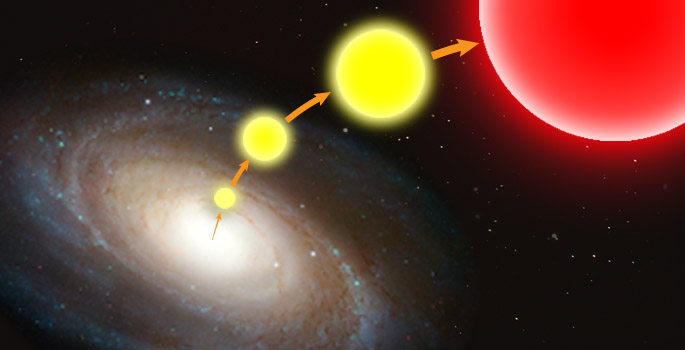
Rogue stars ejected from the galaxy found in intergalactic space
Astronomers have identified nearly 700 rogue stars that appear to have been ejected from the Milky Way galaxy. Read MoreApr 30, 2012
-
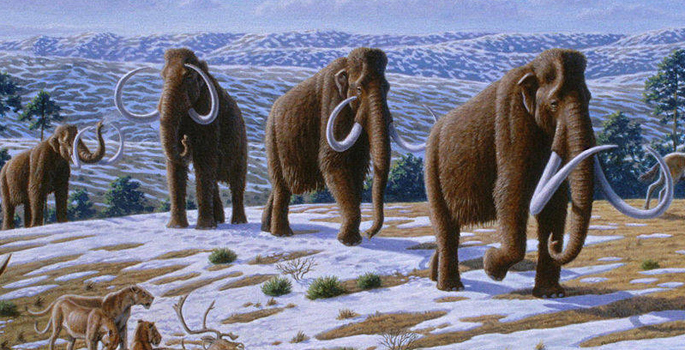
Diversity aided mammals’ survival over deep time
The first study of how mammals in North America adapted to climate change in “deep time” found that taxonomical families with greater diversity were more stable and maintained larger ranges than less diverse families. Read MoreApr 23, 2012
-

High school students turn blackberries into solar cells
VINSE is starting new high school field trip program where they will have students create a solar cell out of blackberries and raspberries. Read MoreMar 21, 2012
-
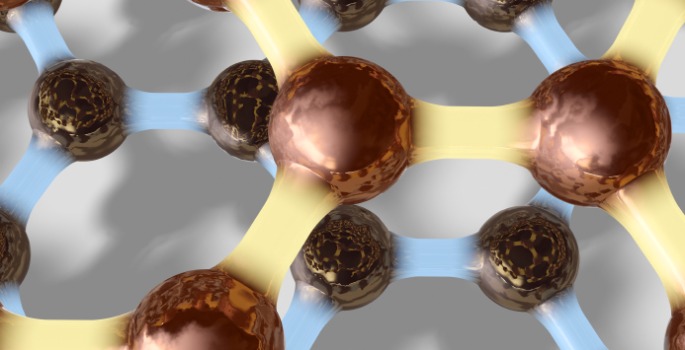
Barrier to faster graphene devices identified and suppressed
Vanderbilt physicists report that they have nailed down the source of the interference inhibiting the rapid flow of electrons through graphene-based devices and found a way to suppress it. Read MoreMar 13, 2012
-
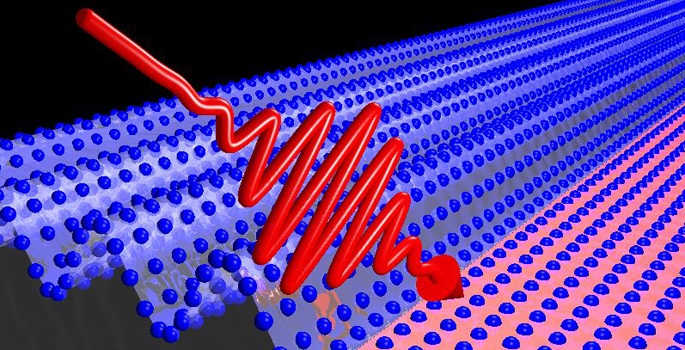
Ultrafast sonograms shed new light on rapid phase transitions
A method for taking ultrafast "sonograms" of materials undergoing phase transitions sheds new light on the dynamics of this important phenomenon in the world’s fastest phase-change material. Read MoreMar 7, 2012
-
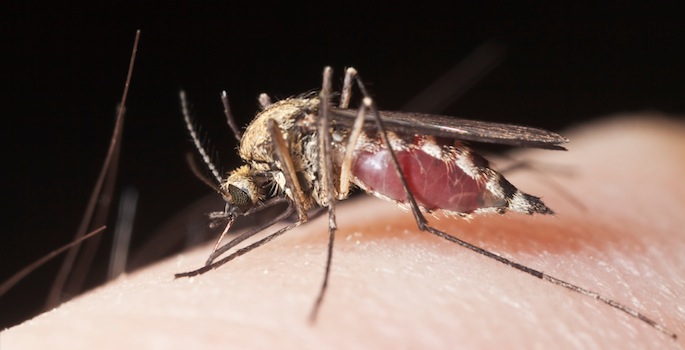
Science Nation: New mosquito repellant could be frightening…for mosquitoes
http://www.nsf.gov/news/special_reports/science_nation/nosingoutmosquitoes.jsp Read MoreMar 6, 2012
-
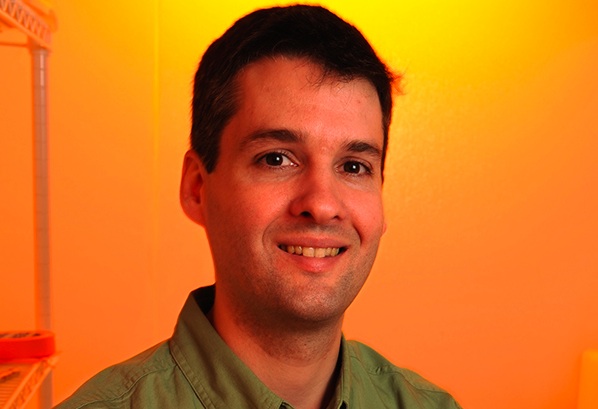
Vanderbilt biologist recognized by entomology society
Julian Hillyer is the 2012 recipient of one of the Entomological Society of America’s annual recognition award. Read MoreFeb 27, 2012
-
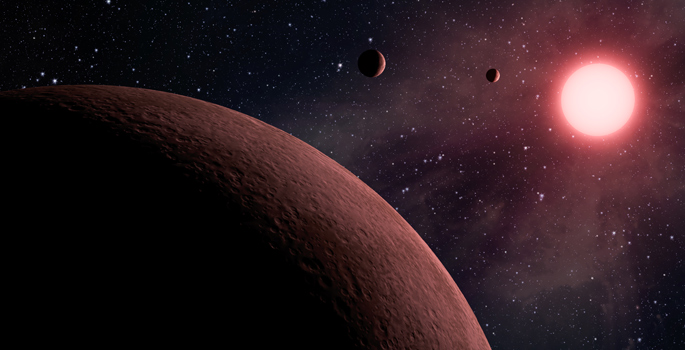
Discovery of the smallest exoplanets: The Barnard’s star connection
The smallest exoplanets yet discovered orbit a dwarf star almost identical to Barnard’s star, one of the Sun’s nearest neighbors. The similarity helped the astronomers calculate the size of the distant planets. Read MoreJan 11, 2012
-
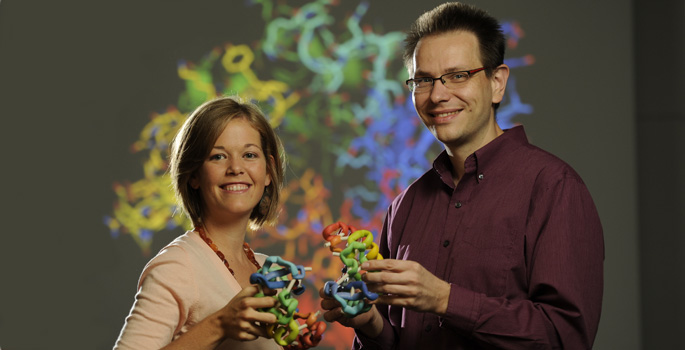
Creation of the largest human-designed protein boosts protein engineering efforts
A team of Vanderbilt chemists have designed and successfully synthesized the largest artificial protein using a new approach that greatly expands scientists’ ability to create proteins unknown in nature. Read MoreNov 15, 2011
-

Listen: Making astronomy meaningful
Professor of Astronomy David Weintraub wanted his students to remember more of what they learned in his introductory class than the answers to typical questions on a quiz show. That was a strong impetus for his book How Old Is The Universe? It strives to make astronomy understandable… Read MoreOct 25, 2011
-
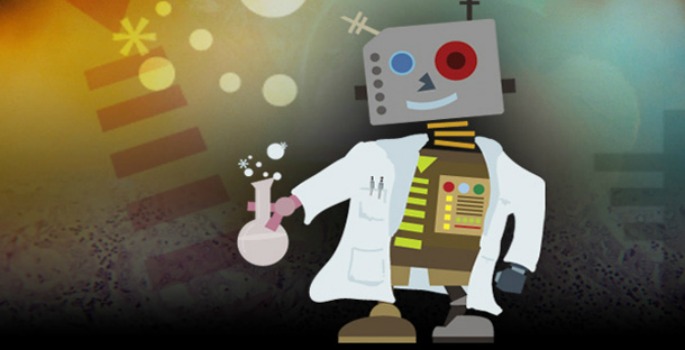
Robot biologist solves complex problem from scratch
A team of scientists has taken a major step toward developing robot biologists. They have shown that their system, the Automated Biology Explorer, can solve a complicated biology problem from scratch. Read MoreOct 13, 2011
-

Taking introductory astronomy beyond Jeopardy and Trivial Pursuit
Astronomer David Weintraub has given introductory astronomy a “CSI” format by following the scientific evidence that gives us the age of the universe and has put this in a popular science book. Read MoreOct 7, 2011
-
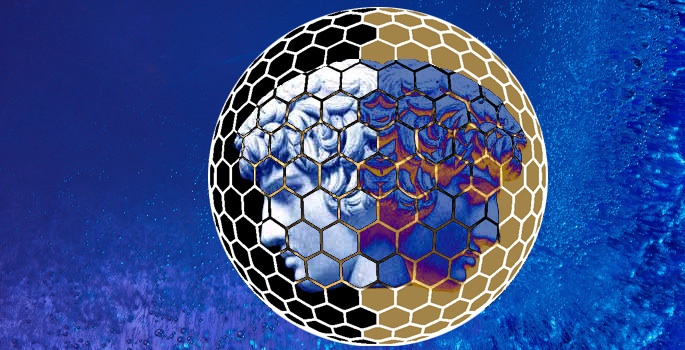
New technique maps twin faces of smallest Janus nanoparticles
Vanderbilt chemists have developed the first method that can rapidly and accurately map the surfaces of tiny particles that possess two chemically distinct faces. The findings have broad potential applications ranging from drug delivery to video displays. Read MoreSep 26, 2011
-
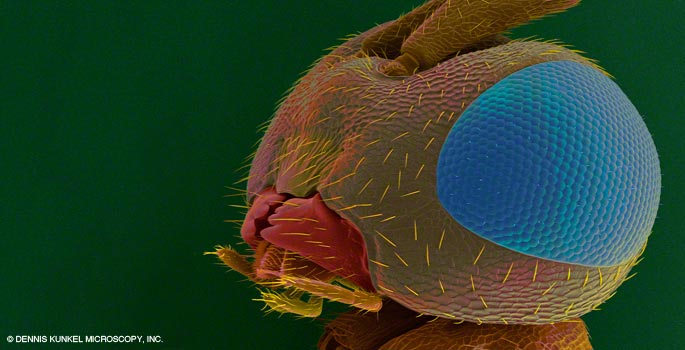
Could bacterial hitchhikers influence formation of new host species?
Vanderbilt researchers are exploring what role, if any, bacteria play in environmental diversity, with the aim of answering one of biology's most fundamental questions. Read MoreMay 5, 2011
-
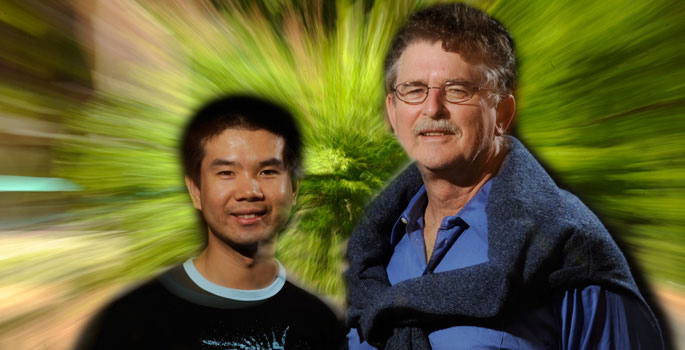
Large Hadron Collider could be world’s first time machine
Prof. Thomas Weiler, right, and graduate fellow Chui Man Ho (John Russell / Vanderbilt) If the latest theory of Tom Weiler and Chui Man Ho is right, the Large Hadron Collider – the world’s largest atom smasher that started regular operation last year – could be… Read MoreMar 15, 2011